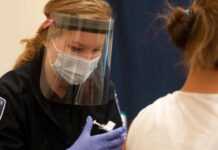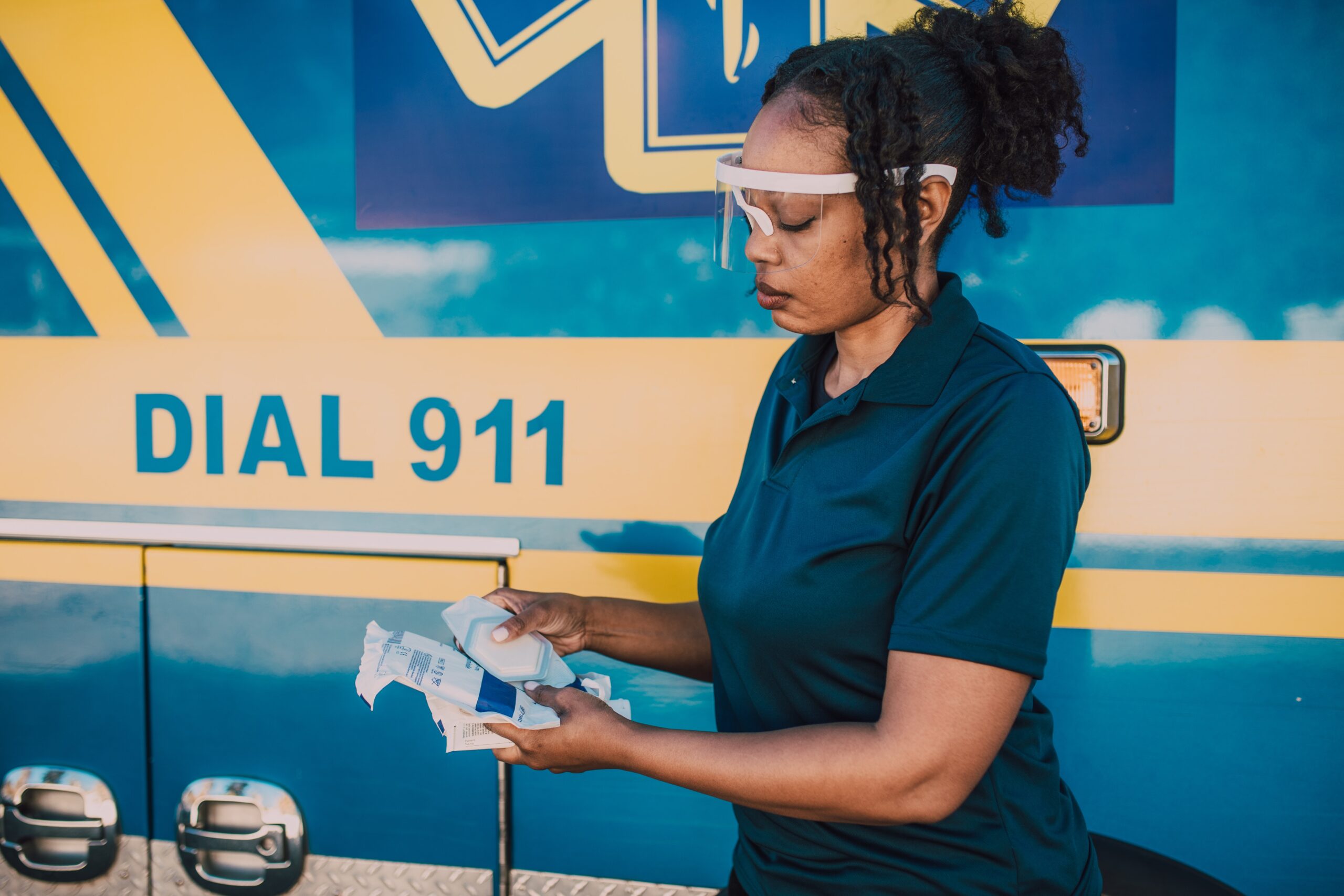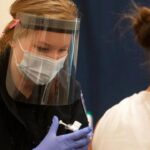Poster Presentation Abstract
Introduction: The Carleton University Student Emergency Response Team (CUSERT) is comprised of 45 on-call volunteers who respond to medical situations on campus. Due to increased call volume and concerns surrounding first responder mental health being brought to the forefront nationwide, CUSERT identified a need for responder support by individuals with shared experience. A Peer Support program was implemented in October 2019.
Program Development & Implementation: This program was developed following an assessment of CUSERT’s unique needs. Three members received training through the First Responder Peer and Trauma Support System (FR-PATSS) course. CUSERT then launched a Peer Support program comprised of 1-on-1 and group sessions, as well as a library of resources.
Program Evaluation: Surveys have measured team satisfaction with CUSERT’s Peer Support program and provided the opportunity for members to make suggestions. The program was well-received and will continue for the next academic year. Continuous evaluation will occur to ensure that the program is meeting its goals and remaining cost-effective.
Discussion/Conclusions: The implementation of this program is one step CUSERT has taken towards improving mental health support for campus first responders. Peer Support is an important resource for campus first responders to have access to, due to the unique nature of our role. We hope to expand the program to include other members of Carleton’s Campus Safety Services.
View Poster (PDF)
Author & Article Information
Author Affiliations: From Carleton University Student Emergency Response Team – in Ottawa, ON, Canada (R.B., J.M., N.J., P.M.).
Address for Correspondence: Rebecca Butler | Email: rebeccabutler42@gmail.com
Conflicts of Interest/Funding Sources: By the JCEMS Submission Declaration Form, all authors are required to disclose all potential conflicts of interest and funding sources. The authors declared that they have no conflicts of interest. The authors declared that they did not receive funding to conduct the program or research associated with this work.
Ethical Compliance: The authors attest that the research associated with this abstract was conducted in accordance with the JCEMS Ethics Guidelines.
Submission History: Received December 28, 2019; accepted for presentation and publication February 7, 2020.
Poster Presentation: This abstract was presented as a poster at the Academic Poster Session of the 27th Annual Conference of the National Collegiate Emergency Medical Services Foundation; February 29, 2020; Boston, MA, USA. The authors received the First Place Award in the Poster Presentation Competition.
Published Online: December 31, 2020
Published in Print: December 31, 2020 (Volume 3: Issue 2)
Reviewer Information: In accordance with JCEMS editorial policy, poster presentation abstracts undergo double-blind peer-review by at least two reviewers (JCEMS Editorial Board members and/or independent reviewers) prior to acceptance for presentation and publication. JCEMS thanks the anonymous reviewers who contributed to the review of this work.
Copyright: © 2020 Butler, Morell, Johnson & McGregor. This is an open access article distributed under the terms of the Creative Commons Attribution 4.0 International (CC BY 4.0) License, which permits unrestricted use, distribution, and reproduction in any medium, provided the original author and source are credited. The full license is available at: https://creativecommons.org/licenses/by/4.0/
Electronic Link: https://doi.org/10.30542/JCEMS.2020.03.S1.01











